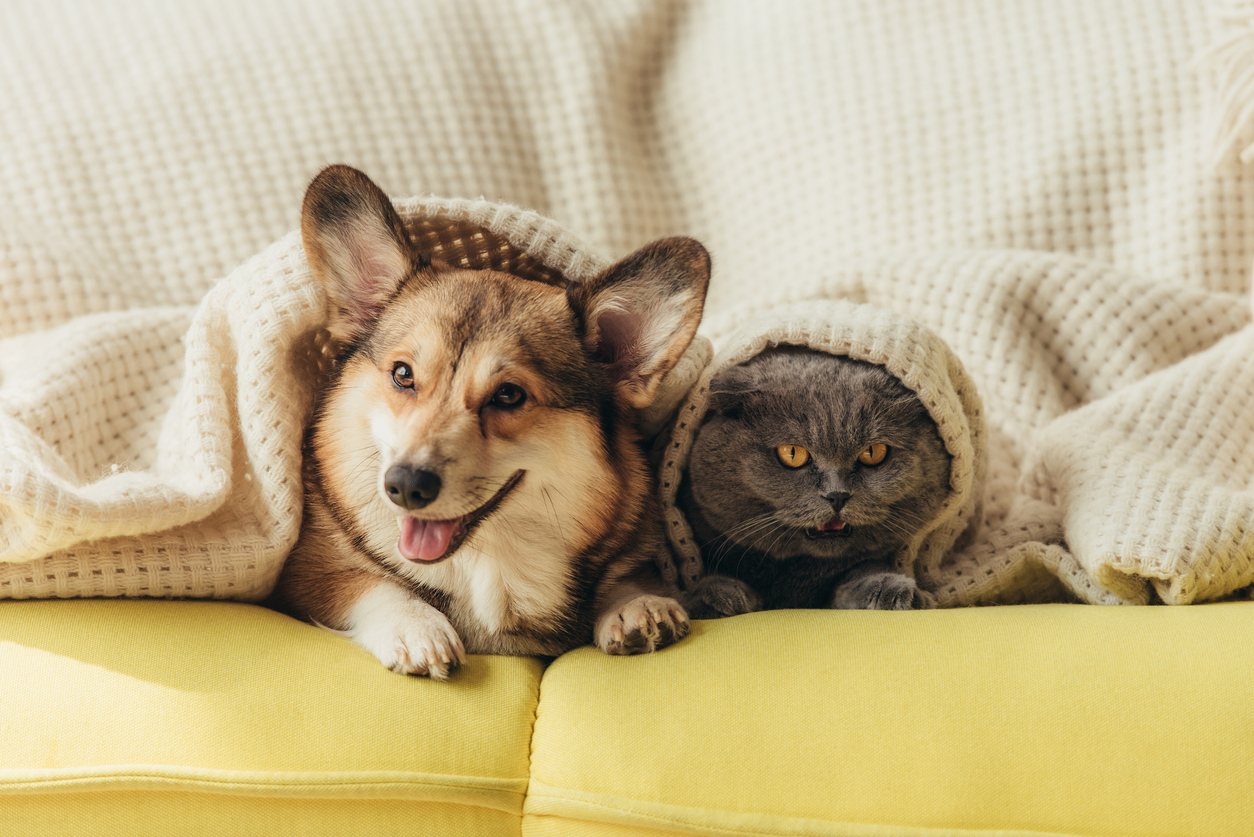It is nearly that time of year when, for some questionable reason, the failed Gunpowder Plot of 1605 is commemorated, and fireworks fill the night skies.
Pets and fireworks are typically not a great mix, so ShoreLines asked Kirsten Beaumont, practice manager and vet nurse at East Coast Bays Vets, to share some tips about how to keep the furries happy, calm and safe through the whizzes and bangs.
The unexpected loud noise and light from fireworks can be truly terrifying for some pets. These pets can progress from heightened anxiety to a full blown phobia with panic attacks which can make for a stressful night for their owners.
The most important thing is to keep your animal securely indoors. That means ensuring that doors and cat flaps are locked shut. If you’re going out, think about putting your pet into a smaller room with their favourite blanket (or your dressing gown) and some quiet music playing.
Never punish your pet if they’re scared, but equally don’t smother them with reassurance. They’ll pick up on the tension in your voice and react. It’s better to act normally, ignore the noise, and try to distract them with a game and maybe a treat.
Think about adjusting the time you feed your dog. There’s evidence to suggest that a full tummy (especially with food that includes carbohydrates and vitamin B6) can increase production of the brain’s natural calming chemicals. There are a few things you can do to plan ahead for fireworks season too.
You could start desensitisation training. You’d begin with quiet sounds played for a short time and gradually increase this, offering little rewards along the way.
Maybe invest in plugin diffusers that release synthetic pheromones. These can contribute to a calm atmosphere, but need time to take effect. As well as the diffusers, there are dog collars that do the same thing. There’s also an over-thecounter product called Calmex. We’ve had good feedback from our clients, and we definitely see a spike in sales in October and November. Some dogs may find tight fitting shirts, which are commercially available, comforting during fireworks.
If your animal is really stressed then medication could be an option. We always say it’s a last resort, and tend to find it more common in dogs than cats.
This is just general advice. Every pet is different, so I’d strongly recommend that you have a good chat with your regular vet before going ahead with any of these strategies.
East Coast Bays Vets recently earned their Best Practice Accredited Clinic from the NZ Vet Association. So far, they are the only practice on the North Shore and one of just seven around Auckland to have achieved this. Kirsten says, “It’s a voluntary award but one we felt was important as it shows a genuine commitment to our standards of service for our clients. The whole process took about 18 months, and we’ve made improvements to our systems as a result.”
The clinic’s next goal? To achieve Cat Friendly accreditation. Wouldn’t that be purrfect!
(First published and permission to post by ShoreLines Magazine)







Leave A Comment
You must be logged in to post a comment.